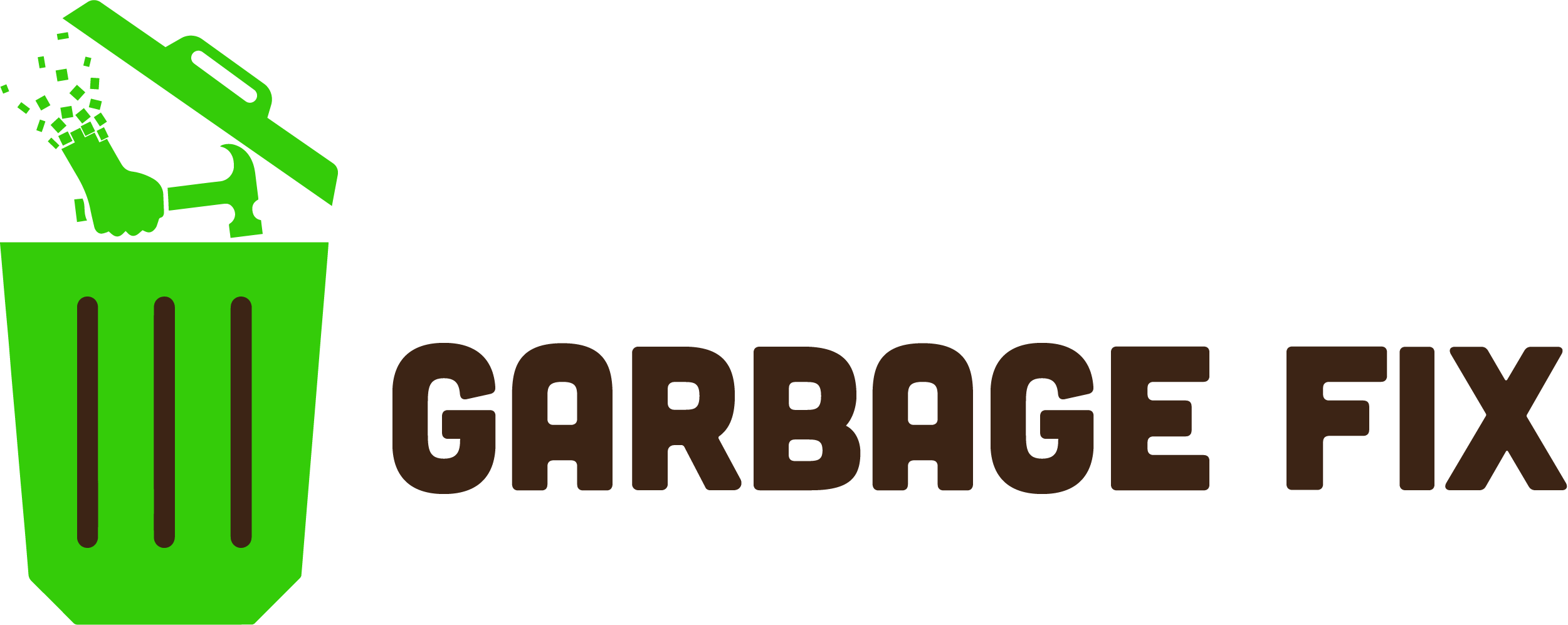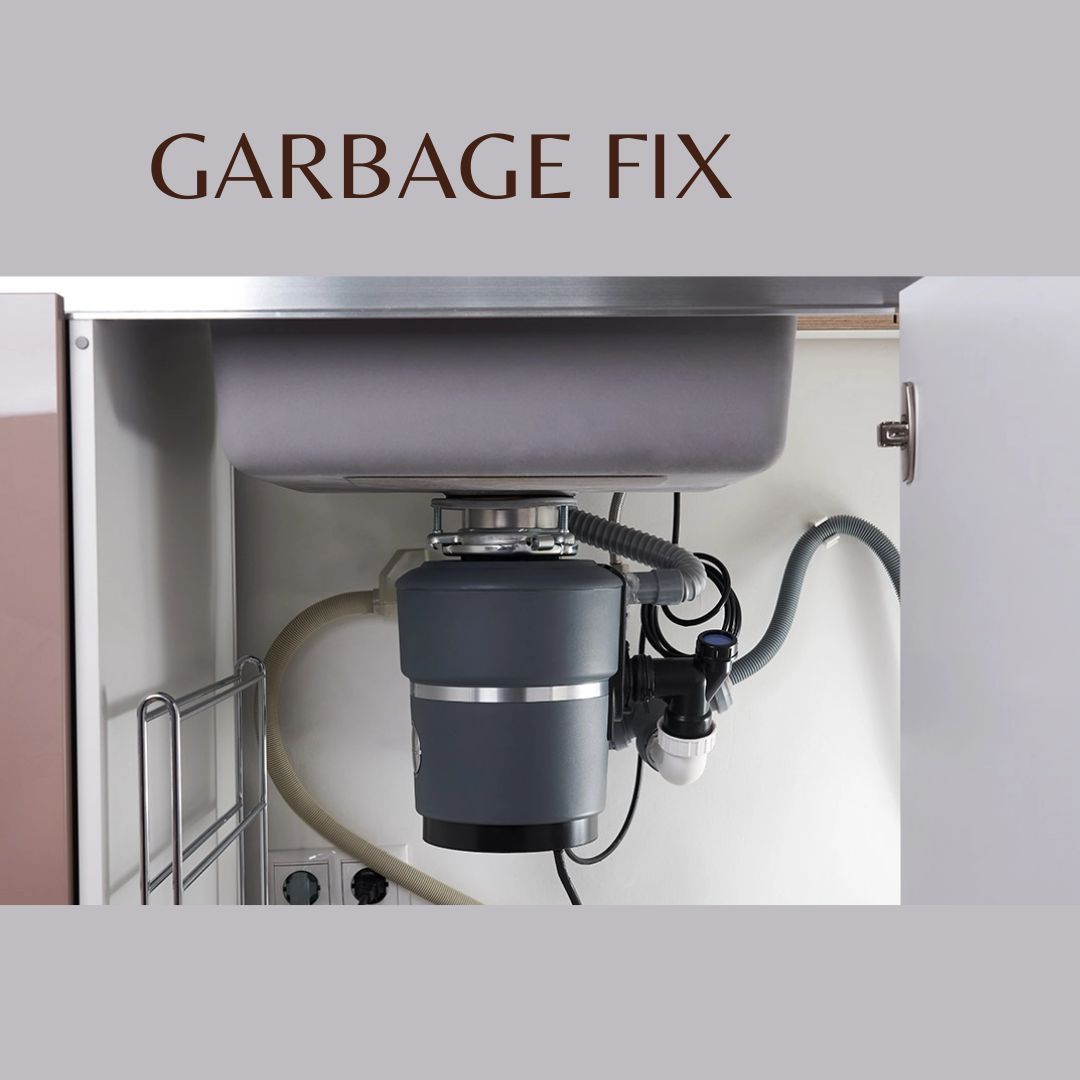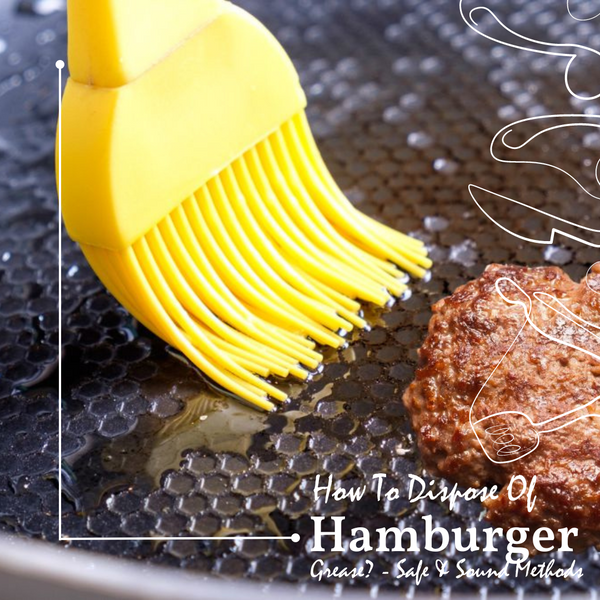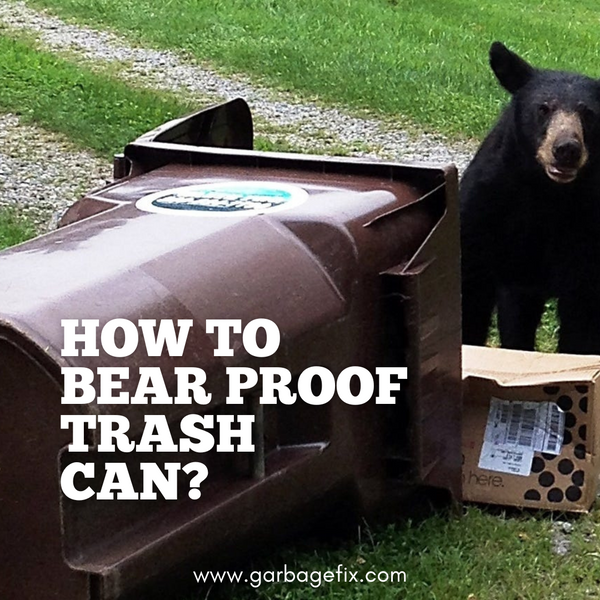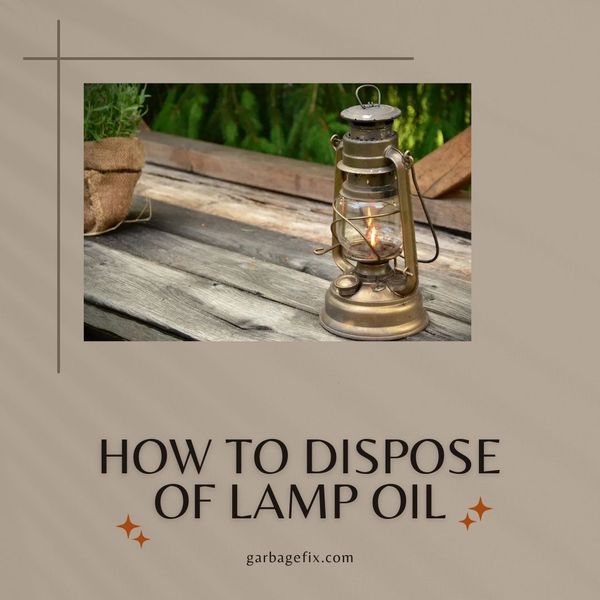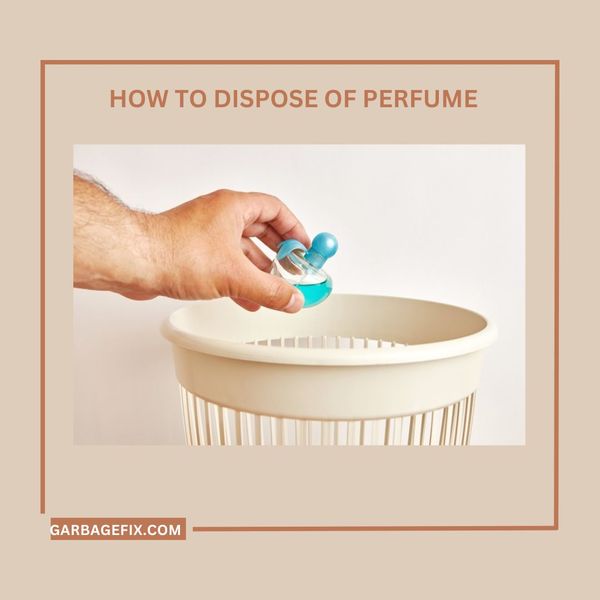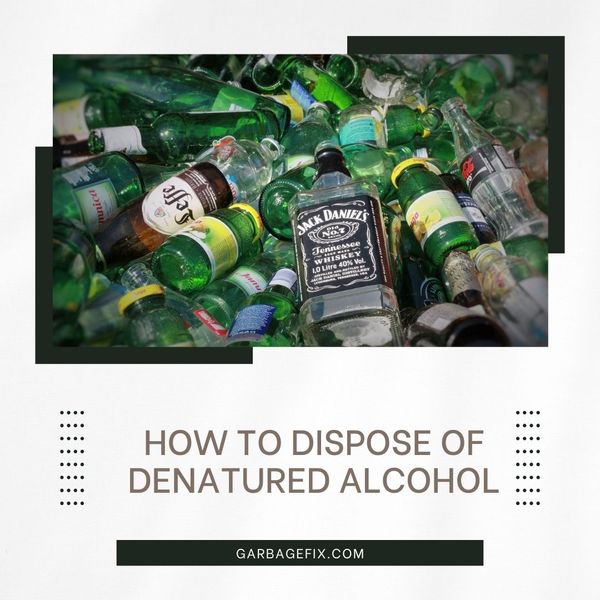In areas with municipal sewage systems, the technique functions adequately. But if you live in a house with a septic system, can you have a garbage disposal with a septic tank?
Food particles are added to the solids layer deposited on the bottom of your septic tank when you use trash disposal. These extra solids might overflow your tank and cause serious problems. Solid levels increase, your tank's capacity declines, and bacteria's capability to process wastewater is reduced.
From our vantage point, the easy response is no.
What Purpose Serves a Septic System?
The function of a septic system is similar to that of a sewer system. Before discharging the liquid effluents into a drain field, it accepts waste and processes it with bacteria, dissolving solids. A tank's capacity to store up to 1,000 gallons of water is only one of its numerous advantages in terms of total usability—septic tanks.
Not Advised For Waste Disposal
Sludge is solid waste that settles at the bottom of your septic tank. Bacteria have adequate time in healthy tanks to decompose organic materials and regulate sludge levels.
If you consistently run food scraps down trash disposal, you will eventually overwhelm these germs. Sludge levels increase your tank's capacity declines, and bacteria's capability to clean wastewater suffers.
Affectation on Costs
The wastewater in your house is separated from the solids and floating debris (oils and grease) by septic tanks.
Solids sink to the bottom while floating particles ascend to the top. In tanks that are in good health, bacteria have ample time to decompose organic material and maintain the level of solids.

Additionally, regular waste disposal might increase homeowners' bills. Your septic tank will need frequent pumping and inspections if natural bacteria can't break down the contents rapidly enough.
When the cost of extra pump-outs that could be avoided is considered, the benefits of getting rid of trash don't seem that important.
Using Trash Disposal with a Septic System: Some Helpful Hints
Not everyone will heed our recommendations about septic tank systems and trash disposals. There are some tips to assist you in avoiding trouble if you choose not to engage in it.
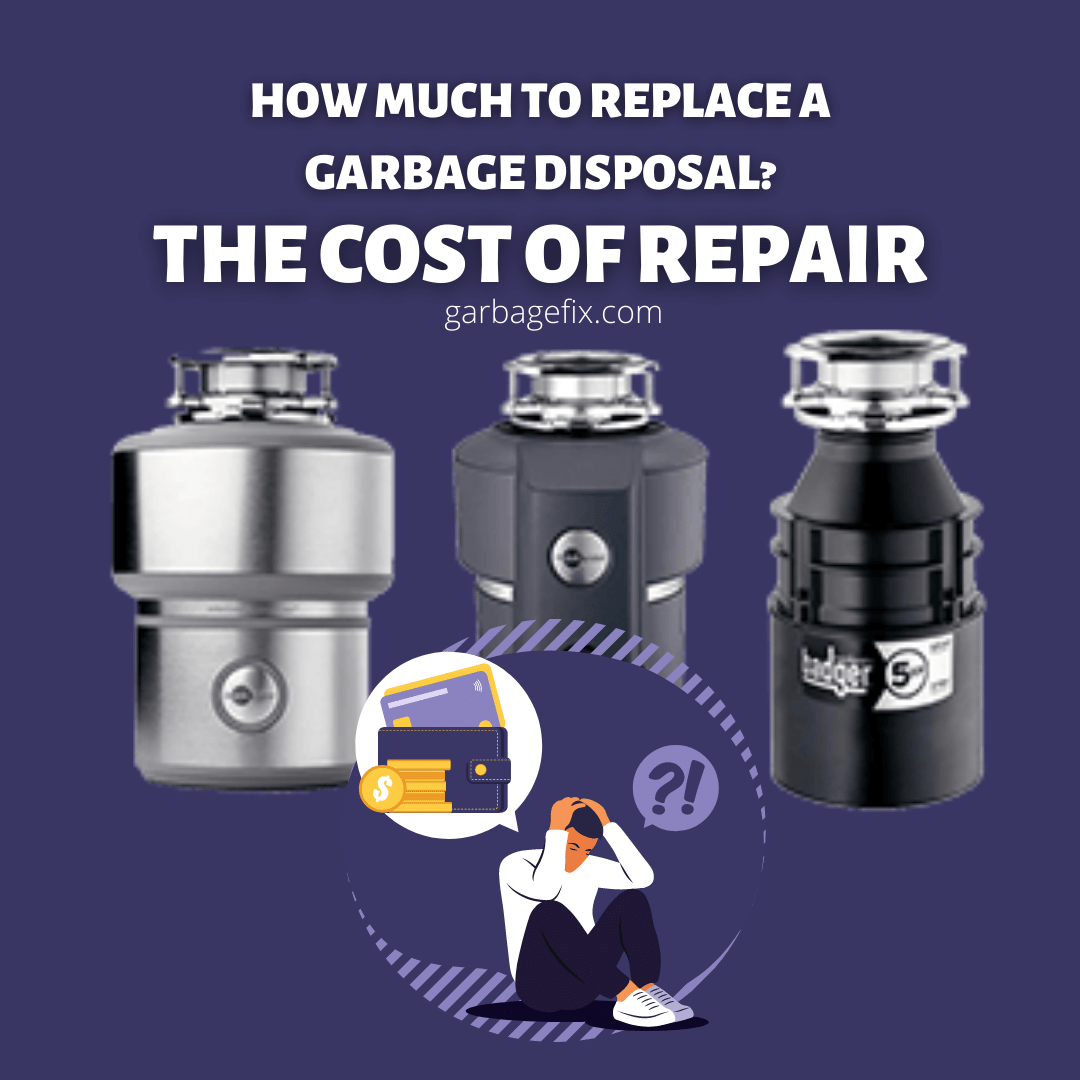
What Is Permitted for Use in Garbage Disposal?
- Soft meals and non-dairy beverages may be disposed of with the help of garbage disposals.
- Vegetables with smooth, non-fibrous fruit flesh
- An ice cube
- Dishwashing soaps that decompose
What Should Not Be Thrown Down A Septic Tank's Waste Disposal?
Waste disposal systems are designed for food waste that may break down quickly. They lack the necessary tools to handle:
- Pits and peels of the fruit.
- Tough-skinned or thorny veggies, especially celery, corn husks, and artichokes.
- Avoid onion skin eggshells, rice, oats, and pasta. They expand in water and can clog your pipes.
- Nuts, meats, bones, coffee, beans
- Fats, oils, and greases in the potting soil
- Items that are not food, such as plastic, paper towels, and twist ties
These materials won't break down in your septic tank even if they go down the trash disposal. They will instead build up until a pumper removes them.
Hot Or Cold Water
If food waste is warm, it will likely get jammed in your trash disposal or septic pipes. Run a continuous trickle of cold water through your system shortly before and while you grind food to prevent clogging.
Regular Upkeep Is Essential
Maintain your waste disposal properly by following the manufacturer's directions.
The greatest course of action for your septic system is prevention. Have a professional check your installation and regularly gauge the amount of sludge in your septic tank. To prevent system breakdowns, schedule your appointment as soon as possible if it's time for a pump-out.
To Get Rid of Food Waste More Sustainably
Many gardeners think that compost is the best fertilizer there is. There are simple composting systems on the market;
all you need to do is fill them up, give them a couple of turns, and you're ready to go. The fact that you can compost paper, leaves, and grass clippings in addition to food waste is another benefit of composting.
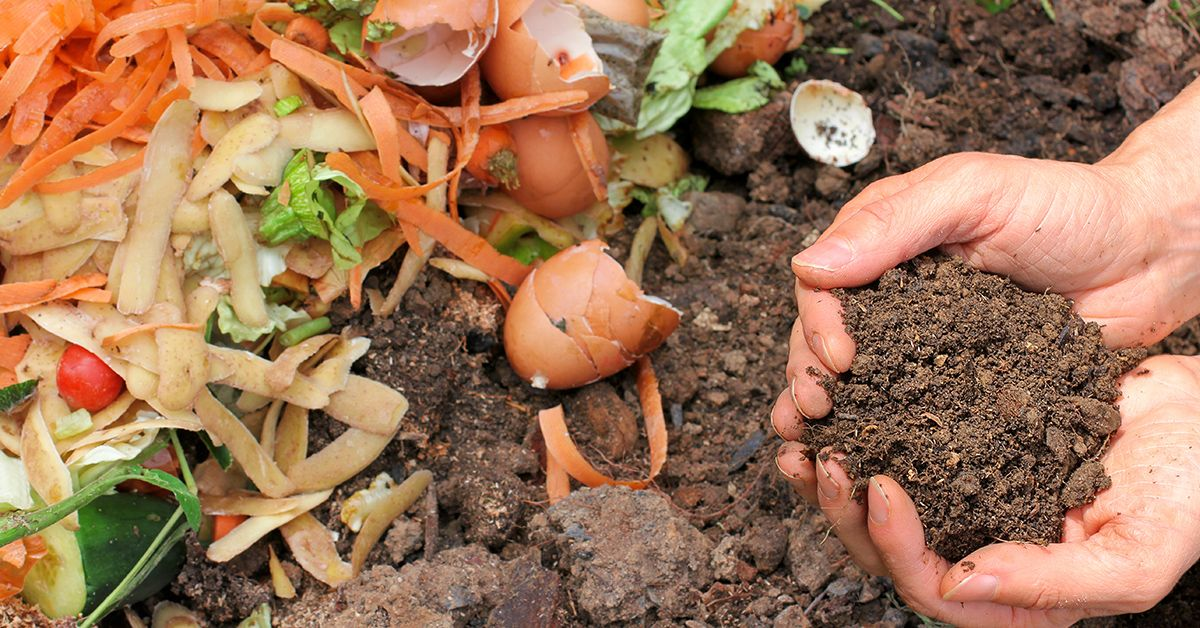
If properly cared for, your septic system will function effectively and efficiently. It has to work harder when the garbage disposal is added. In the long run, pumping more often might cost you more money. Additionally, digging up your tank could be necessary for repairs.
Instead of using a garbage disposal, make an environmentally friendly compost container. Your choice will benefit both your septic system and your bank account. You are helping a green-thumb friend Boost your neighborhood community garden by holding mulch.
Additional Thoughts
Septic Systems Require a Special Garbage Disposal
Even the most careful homeowner sometimes makes blunders. You might accidentally throw out coffee beans or paper towels and not realize it until it's too late. Unless you write down all the rules, you must follow them and post them next to your sink. Fortunately, you may spend money on waste disposal called a septic assist.
Garbage Disposal with Septic Assist
Many of the properties of septic-aided trash disposal are identical to those of normal garbage disposal. However, it also has a unique design that eases the burden on a septic system. Some solutions use injection technology that feeds microorganisms capable of creating enzymes in food waste.
Despite this, you must use care while utilizing this waste disposal. Even with the advantages of a septic assist garbage disposal, you still need to exercise caution since too much organic waste in your septic tank might cause issues. If not, you run the risk of endangering your system.
Conclusion
If you have a septic tank system, the best advice is to pretend that the disposal was never there. By regularly utilizing that disposal, you risk harming the septic system, leading to pump-outs and possible repairs further. In the long term, the septic system will gain by pretending the disposal is not there.
Even though little bits of food are safe to put in the garbage disposal, wrong kinds of food or too much food might tilt the scales making the septic system work harder to complete its function.
Make it a practice to scrape most food off plates or pans directly into the trash, making it much easier to rinse the remaining food in the sink and operate the disposal.
